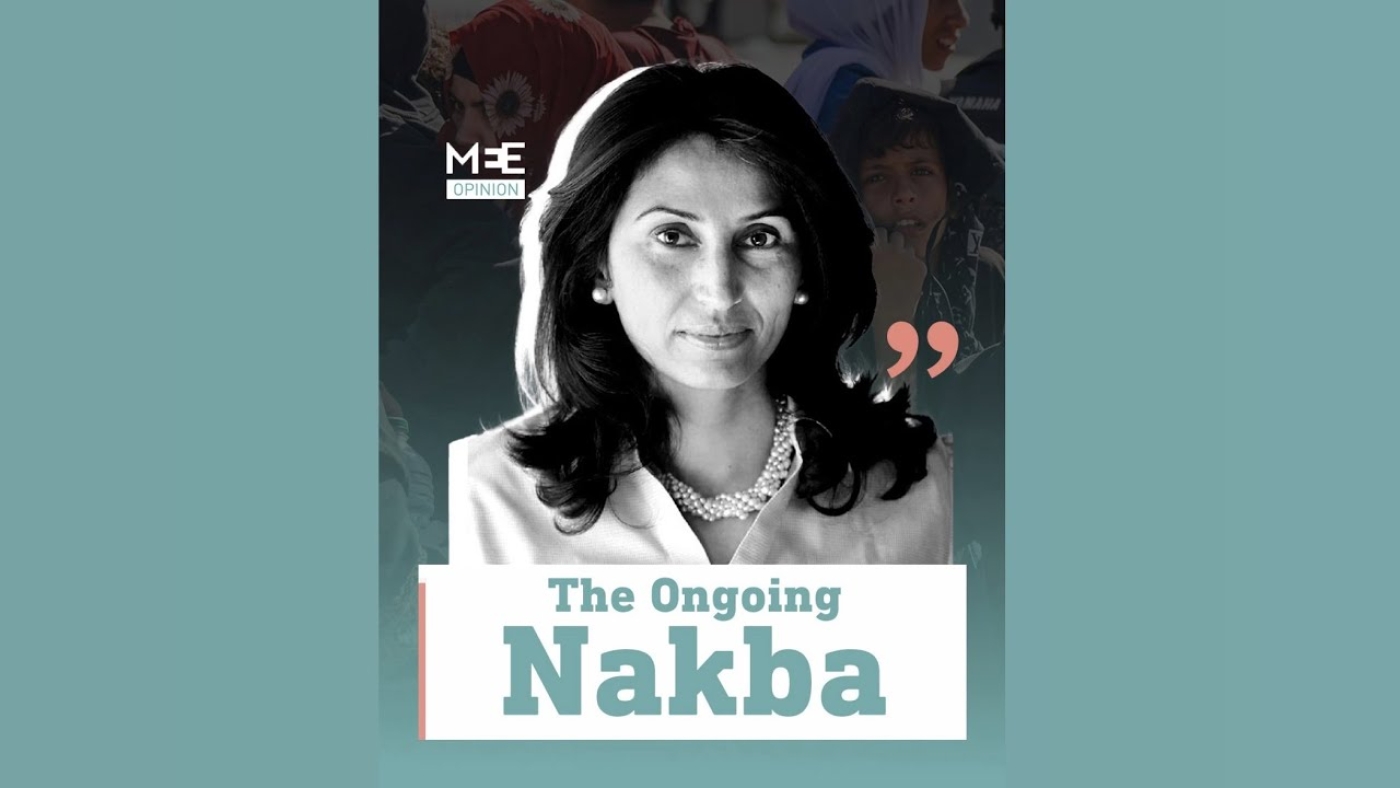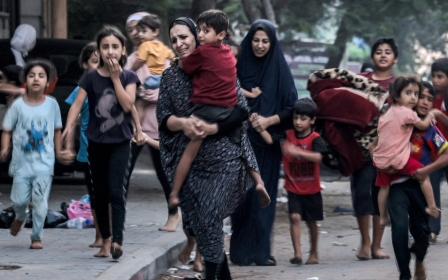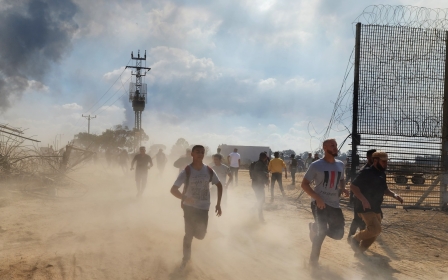Op-Ed video: No, Israel does not have a right to defend its occupation
Israel does not have the right to self-defense following the 7 October owing to its status as an occupying power, according to Diana Buttu, a lawyer and former spokesperson with the Palestine Liberation Organisation.
Israel and its allies have insisted that the bombing campaign in Gaza is justified following the attack that saw around 1,200 people in Israel killed.
According to Article 51 of the UN Charter, until the UN Security Council takes measures to maintain international peace and security, "nothing in the charter shall impair the inherent right of individual or collective self-defence if an armed attack occurs against a member of the United Nations."
Ever since Israel embarked on its bombing campaign, officials from the United States, the United Kingdom and the European Union have defended Israeli actions by pointing to Article 51.
But according to Buttu, a state cannot simultaneously exercise control over territory it occupies and then militarily attack that territory on the claim that it poses a national security threat.
New MEE newsletter: Jerusalem Dispatch
Sign up to get the latest insights and analysis on Israel-Palestine, alongside Turkey Unpacked and other MEE newsletters
"Israel is not defending itself, it is defending its colonial project," said Buttu.
"Israel has made it clear what it intends to do in the Gaza Strip and nobody should be discounting their statements. They've made it clear that they intend to make the Gaza Strip smaller, they've made it clear that they intend to have fewer people in the Gaza Strip and the only way that you can do that is through genocide."
Middle East Eye delivers independent and unrivalled coverage and analysis of the Middle East, North Africa and beyond. To learn more about republishing this content and the associated fees, please fill out this form. More about MEE can be found here.





